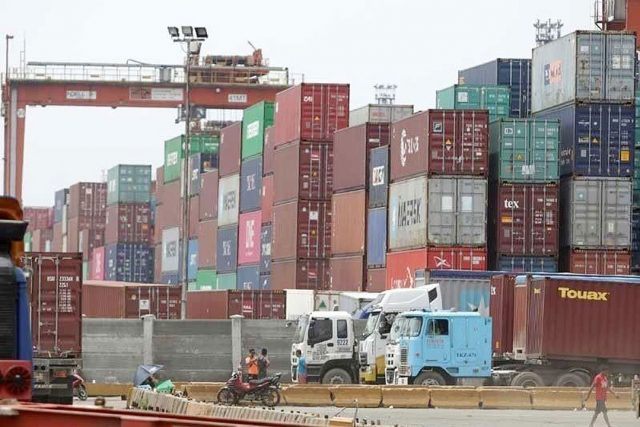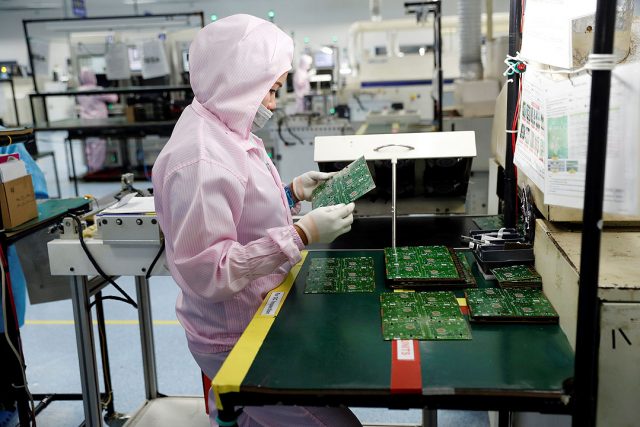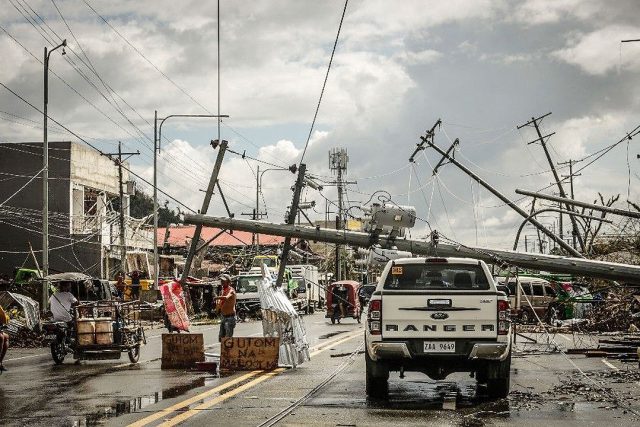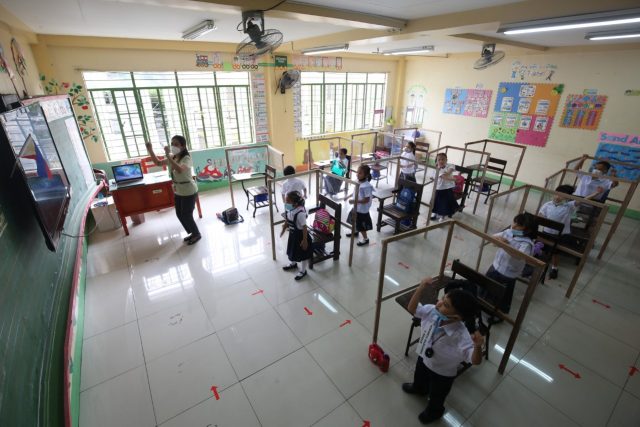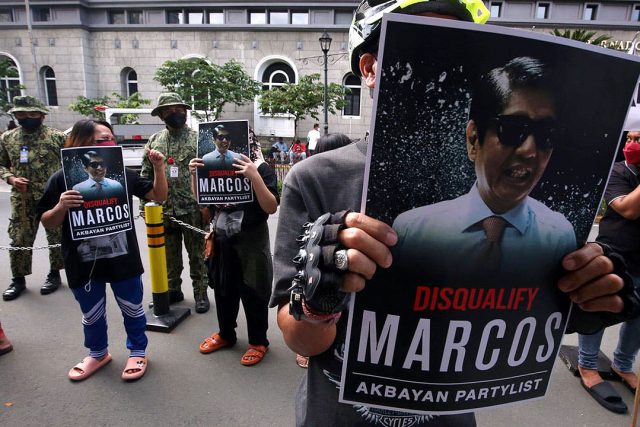MAYORS in Manila, the capital and nearby cities have agreed to bar unvaccinated people from going out to contain a fresh surge in infections probably spurred by the highly mutated Omicron variant.
The mayors affirmed a resolution for the cities to pass local laws that will restrict the movement of unvaccinated residents, the Metropolitan Manila Development Authority (MMDA) said in an e-mailed statement on Monday.
This after the government raised the coronavirus alert in the capital region to Level 3 from Jan. 3 to 15.
The restrictions would ensure that public health gains in the past months are sustained amid the threat of the Omicron variant, the MMDA said, citing the resolution.
“Despite the availability of vaccines, there is a number of individuals who adamantly opt not to be vaccinated and thus, become more susceptible to severe cases of COVID-19 infection,” it said. This would require hospital care that could unduly burden the region’s healthcare system, it added.
Unvaccinated residents must remain in their houses except to buy food and other basic goods, the MMDA said.
They will also be barred from entering restaurants and from going on leisure trips to malls, hotels, event venues, sports and country clubs and similar facilities, it added.
The MMDA said unvaccinated workers and job seekers must take RT-PCR tests every two weeks at their own expense and present a COVID-19 negative result before being admitted to work.
In the absence of the RT PCR test, a rapid antigen test may be used instead. The rules also cover nonresidents who work or travel to the National Capital Region (NCR).
The policy is “not grounded in realities of communities or evidence,” said Joshua L. San Pedro, co-convenor of the Coalition for People’s Right to Health.
“With the Omicron variant, both vaccinated and unvaccinated alike can be infected,” the doctor said in a Facebook Messenger chat. He also cited inequitable access to vaccines, worsened by the impending need for booster shots across the country.
‘DISCRIMINATION’
Mr. San Pedro said the government should prioritize proven virus containment measures. “The broader and more urgent solutions of testing, contact tracing and quarantine must be funded and done at the community level to mitigate infections.”
“Ensuring access to essential health services must be at the core of the COVID-19 response instead of blanket restrictions and discrimination,” he added.
Forcing residents to stay home would not be enough to curb infections, Party-list Rep. Arlene D. Brosas said in a statement.
“Vaccinated individuals can be carriers of the virus and can still test positive for COVID-19,” she said. “That is why this latest Metro Manila Council policy is blind to the actual situation on the ground.”
She said the recent infection spike happened even if most of Metro Manila residents have been fully vaccinated. It would be difficult to contain the virus without expanded and free mass testing, she added.
“We have been pushing for mass testing for a long time, but until now, there are no funds set aside for this, even in the 2022 budget,” Ms. Brosas said in Filipino.
“These are just temporary measures while the NCR is under Level 3 for the protection of unvaccinated individuals amid the spiking number of COVID cases in the region,” MMDA Chairman Benjamin Abalos, Jr. said. The order will be lifted once the region goes back to the second alert level.
The Interior and Local Government department backed the order, saying “unvaccinated individuals pose threats to the community.”
“We fully support the decision of the Metro Manila Council to bar unvaccinated individuals in public places,” Interior Undersecretary Jonathan E. Malaya told a televised news briefing. “We also support the policy requiring unvaccinated workers to take an RT-PCR test every two weeks at their own expense.”
The government might tighten restrictions in areas near the capital region as the country faces threats from the Omicron variant, Mr. Malaya separately told the ABS-CBN News Channel (ANC).
“We are observing very closely the provinces of Cavite, Laguna, Rizal and Bulacan,” he said. “The Department of Health is getting all the necessary data to get a clear picture of the situation in those areas.”
The Calabarzon region posted more than 680 coronavirus infections on Sunday, bringing its total to 499,604. The region had 3,196 active cases as of Jan. 2, with 5,813 deaths.
Also on Monday, the presidential palace said an inter-agency task force would reassess restrictions under Alert Level 3 as more people get vaccinated against the coronavirus.
“When these rules were crafted and announced, that was a time when our vaccination coverage was still low,” Cabinet Secretary Karlo Alexei B. Nograles told ANC. “It’s something that we will revisit, which is why our technical working group is meeting today.”
About 49.85 million people have been fully vaccinated as of Jan. 2, data from the Health department showed. About 1.85 million booster shots have been given out. — Kyle Aristophere T. Atienza and Jaspearl Emerald G. Tan

